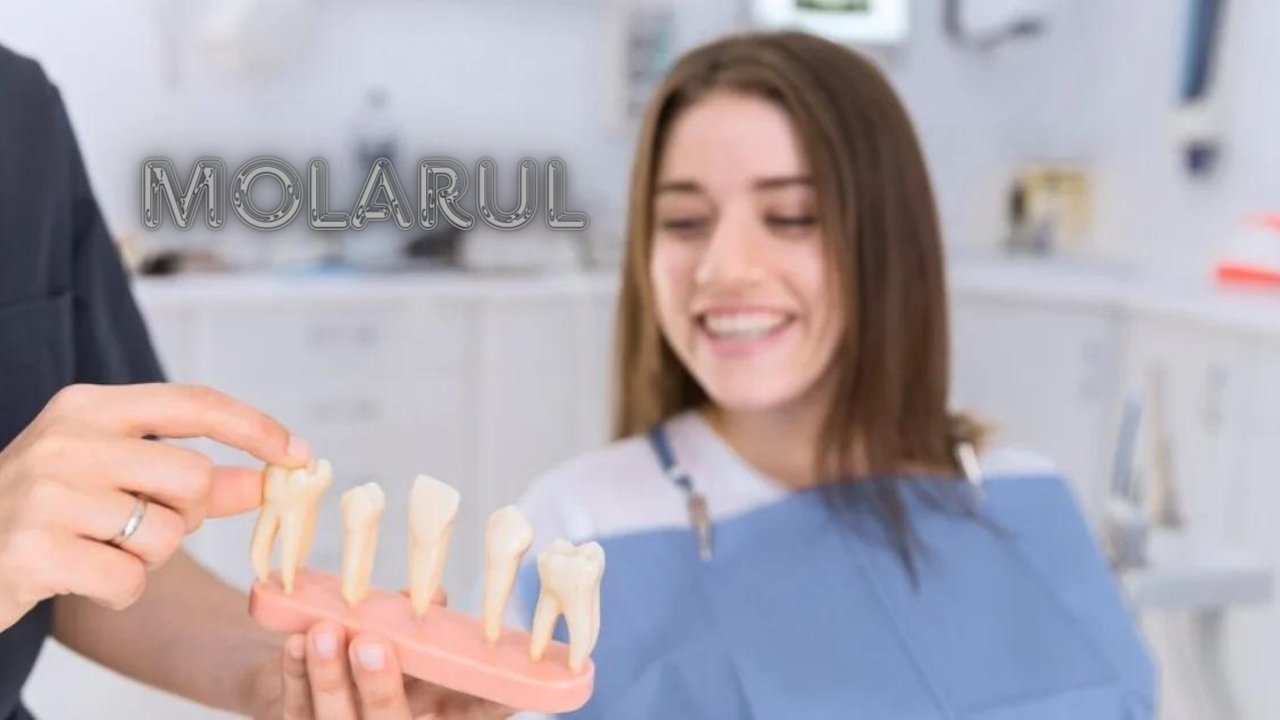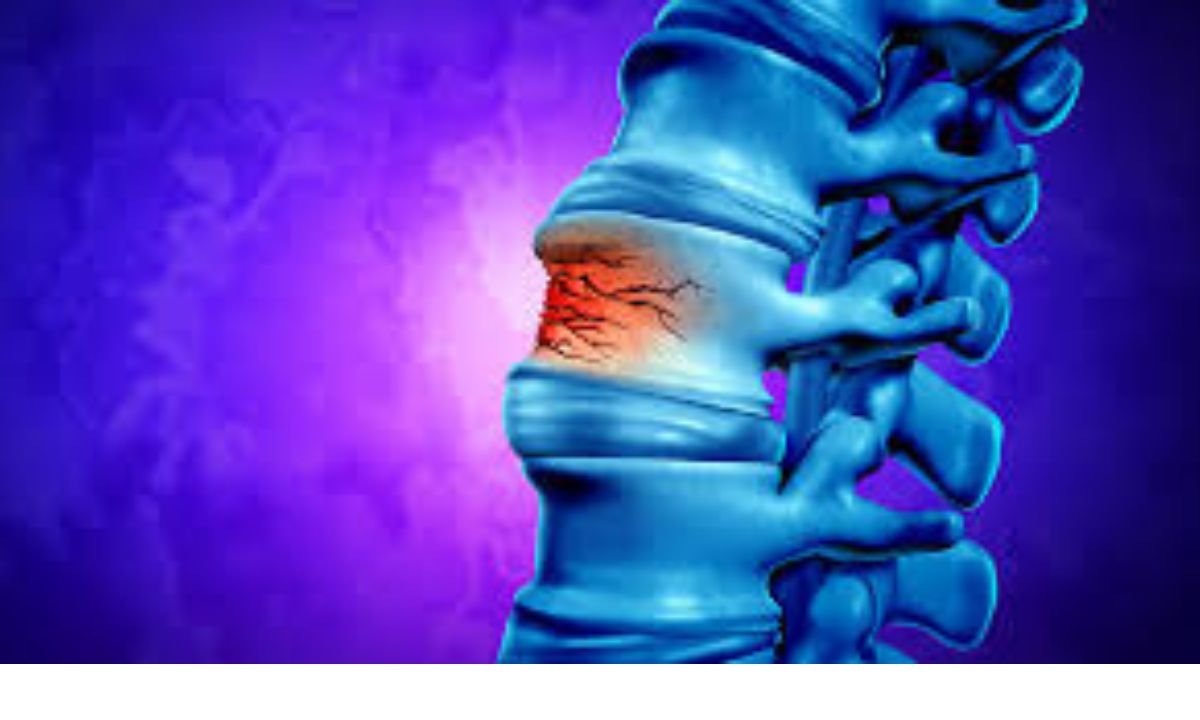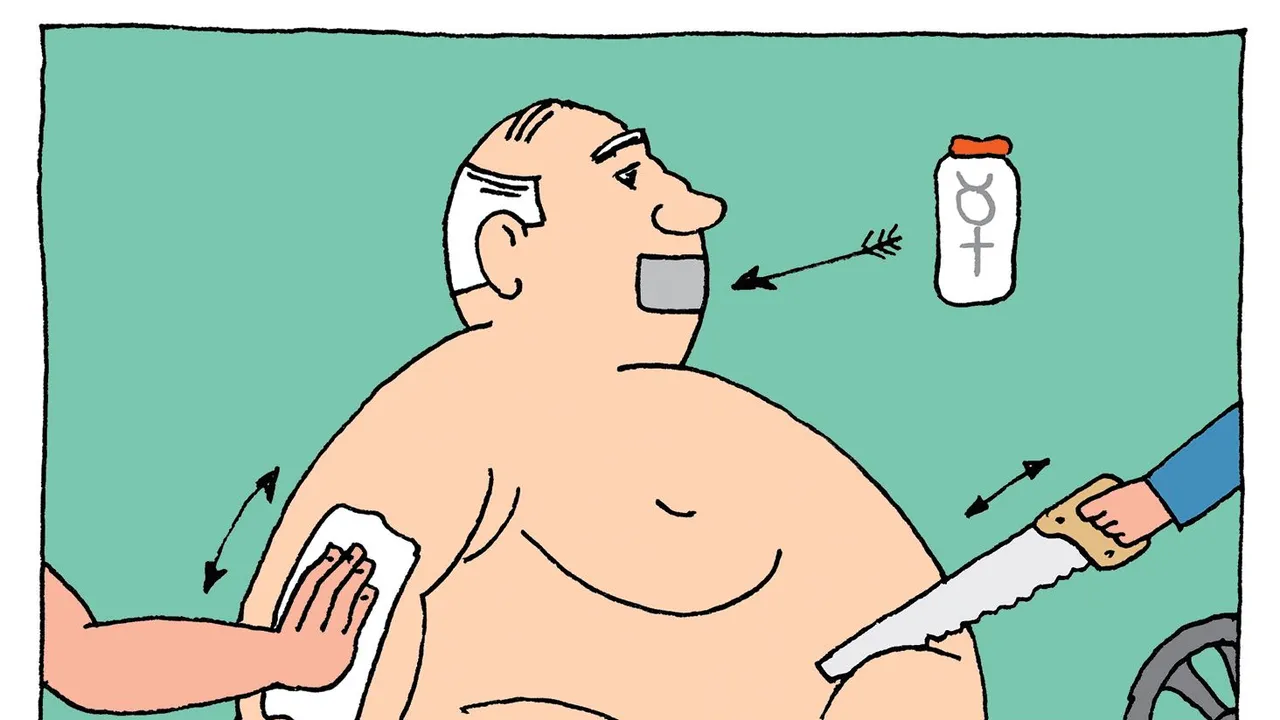A healthy smile is more than just an aesthetic asset; it’s a window into your overall health. Dental issues can lead to severe health problems if not addressed. This comprehensive guide introduces you to Molarul, your go-to resource for understanding and maintaining dental health. Whether you’re a dental patient, health enthusiast, or parent, this blog post will provide you with the knowledge and tools to keep your teeth in top shape.
Introduction to Molarul
Why Dental Health Matters
Dental health is an often-overlooked aspect of our well-being. Healthy teeth and gums are crucial for eating, speaking, and smiling without discomfort. Poor dental health can lead to issues like tooth decay, gum disease, and even heart disease. Molarul seeks to educate and empower you to take control of your dental health.
What You Can Expect
In this guide, we’ll explore the anatomy of your teeth, common dental issues, effective oral hygiene practices, and the importance of regular dental check-ups. We’ll also address dental health for different age groups to provide a comprehensive understanding for everyone in your family.
Understanding Dental Anatomy and its Role in Overall Health
The Structure of a Tooth
A tooth is more complex than it appears. It has multiple layers, each with its function:
- Enamel: The hard, outer surface that protects the tooth.
- Dentin: The layer beneath the enamel, which is less dense but essential for support.
- Pulp: The innermost part containing nerves and blood vessels, vital for tooth health.
Understanding this structure helps you appreciate why dental care is so important.
How Teeth Affect Your Health
Teeth are not isolated entities; they’re connected to your entire body’s health. Poor dental hygiene can lead to infections that spread, affecting your heart and other organs. Conversely, certain health conditions like diabetes can negatively impact your dental health. Maintaining good oral hygiene is essential for overall well-being.
The Mouth-Body Connection
There’s a significant connection between your mouth and overall health. Bacteria from dental infections can enter the bloodstream, leading to cardiovascular diseases. Studies have shown that gum disease is linked to conditions like diabetes, stroke, and respiratory diseases. Taking care of your teeth isn’t just about avoiding cavities; it’s about protecting your entire body.
Common Dental Issues and How to Prevent Them
Tooth Decay
Tooth decay is one of the most common dental problems. It occurs when plaque, a sticky film of bacteria, forms on your teeth. The bacteria produce acids that erode the enamel, leading to cavities. To prevent tooth decay, brush and floss daily, reduce sugary food intake, and visit your dentist regularly.
Gum Disease
Gum disease ranges from mild gingivitis to severe periodontitis. Gingivitis causes swollen, red gums that may bleed. If left untreated, it can progress to periodontitis, leading to tooth loss. Prevent gum disease by maintaining good oral hygiene and having regular dental check-ups.
Oral Cancer
Oral cancer can affect the lips, tongue, cheeks, and throat. Early detection is crucial for successful treatment. Symptoms include sores, lumps, or red or white patches in the mouth. Avoid tobacco and excessive alcohol use to reduce your risk, and see your dentist for regular screenings.
Molarul’s Guide to Effective Oral Hygiene Practices
Brushing Techniques
Proper brushing is the foundation of good oral hygiene. Use a fluoride toothpaste and a soft-bristled brush. Hold the brush at a 45-degree angle to your gums and use gentle, circular motions. Brush for at least two minutes, covering all surfaces of your teeth.
The Importance of Flossing
Flossing removes plaque and food particles between your teeth where a toothbrush can’t reach. Use about 18 inches of floss, winding most around each middle finger. Gently slide the floss between your teeth, curving it into a C-shape against each tooth.
The Role of Mouthwash
Mouthwash can help reduce plaque, fight gum disease, and freshen breath. Choose an antibacterial mouthwash to kill germs and prevent plaque build-up. Use it after brushing and flossing for optimal results.
The Importance of Regular Dental Check-ups and Professional Care
What Happens During a Dental Check-up
A routine dental check-up includes a thorough cleaning, examination, and sometimes X-rays. The cleaning removes plaque and tartar that regular brushing can’t eliminate. The examination checks for cavities, gum disease, and other dental issues.
Benefits of Professional Cleanings
Professional cleanings are essential for maintaining oral health. They remove tartar, polish your teeth, and check for signs of oral health problems. These cleanings can prevent issues like cavities and gum disease from developing.
Why You Shouldn’t Skip Dental Appointments
Regular dental appointments help catch problems early when they’re easier to treat. Skipping appointments can lead to minor issues becoming severe, requiring more extensive and costly treatments. Maintain a schedule of at least two check-ups per year.
Dental Health for Different Age Groups
Dental Care for Kids
Children’s dental health sets the foundation for their future oral health. Start brushing with a soft-bristled brush as soon as the first tooth appears. Use a rice-sized amount of fluoride toothpaste for children under three and a pea-sized amount for those aged three to six.
Teen Dental Health
Teenagers face unique dental challenges like braces and wisdom teeth. Encourage your teen to maintain good oral hygiene habits and attend regular dental check-ups. Use fluoride toothpaste and a mouthguard if they play sports.
Adult Dental Concerns
Adults should focus on preventing gum disease and tooth decay. Maintain a strict oral hygiene routine and avoid tobacco products. Regular dental visits are crucial for early detection of issues like oral cancer.
Senior Dental Health
Seniors may experience dry mouth, gum disease, and tooth loss. Regular dental visits are essential for managing these issues. Use fluoride toothpaste and drink plenty of water to combat dry mouth. Dentures should be cleaned daily.
You May Also Like: Blisterata: Your Comprehensive Guide to Skin Health
Conclusion
Maintaining dental health requires consistent effort and attention to detail. By understanding the anatomy of your teeth, preventing common issues, and following effective oral hygiene practices, you can ensure a healthy smile for life. Regular dental check-ups are crucial for early detection and treatment of potential problems.
At Molarul, we’re dedicated to helping you achieve and maintain optimal dental health. Join our community to learn more about dental care, share your experiences, and access exclusive deals.
FAQs
What is Molarul?
Molarul is your go-to resource for understanding and maintaining dental health. We provide comprehensive information and tips to help you keep your teeth in top shape.
How often should I visit the dentist?
It’s recommended to visit the dentist at least twice a year for regular check-ups and cleanings. However, your dentist may suggest more frequent visits based on your specific needs.
What are the signs of gum disease?
Signs of gum disease include red, swollen, and bleeding gums. Bad breath, loose teeth, and receding gums are also indicators. If you notice any of these signs, consult your dentist immediately.
How can I prevent tooth decay?
Prevent tooth decay by brushing and flossing daily, reducing sugary food intake, and visiting your dentist regularly. Using fluoride toothpaste and mouthwash can also help strengthen your enamel.
Is mouthwash necessary for oral hygiene?
While not mandatory, mouthwash can help reduce plaque, fight gum disease, and freshen breath. It’s a useful addition to your oral hygiene routine.











